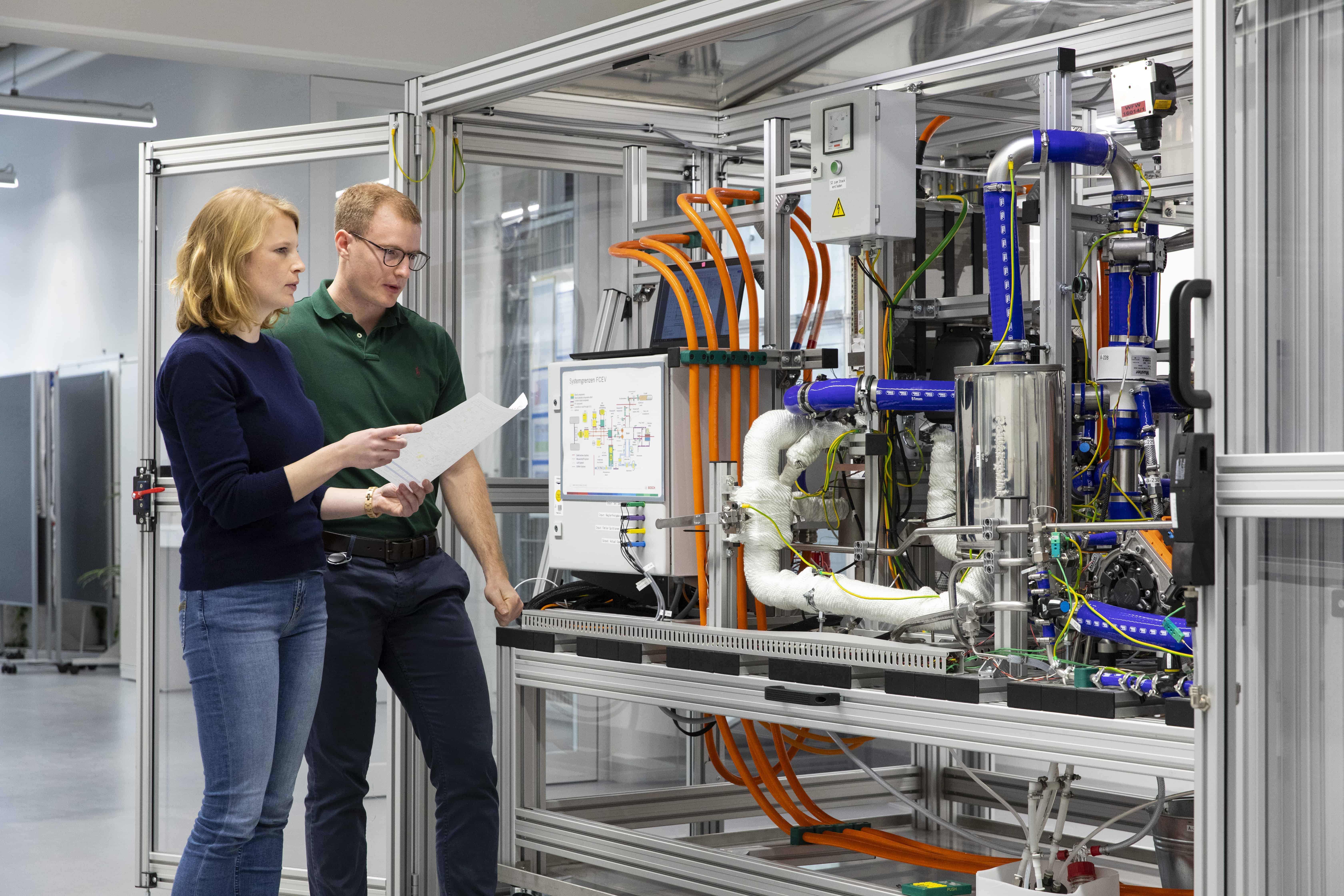Bosch Pledges Carbon Neutrality by 2020
Bosch intends to achieve its carbon neutral goal through a four-pronged approach.

Since Bosch first established a presence in North America in 1906, the company has been a manufacturing leader in the United States. With 410,000 employees worldwide—and 35,400 in North America—Bosch is keenly aware of their global impact and responsibility. Today, it’s leading on climate action and setting an aggressive target for a bold new initiative: On May 9, Bosch announced that the company will be carbon neutral by 2020.
“Climate action needs to be seen not just as a long-term aspiration—it needs to happen here and now,” said Dr. Volkmar Denner, chairman of the board of management of Robert Bosch GmbH. “As an innovation leader, we want to deliver technological solutions to ecological problems.”
As one of the largest privately-held companies and automotive suppliers in the world, Bosch is well-positioned to make an impact, both through its actions and as a model to other companies. With 400 locations across the globe, Bosch intends to achieve its carbon neutral goal through a four-pronged approach: increasing energy efficiency, expanding proportion of renewables, buying more green power and offsetting carbon emissions. By reaching this goal, Bosch will prevent 3.3 million tons of carbon emissions by 2020—and will be the first major industrial company to reach the carbon-neutral benchmark.
“Our commitment to reducing carbon emissions and climate action is not guided by short-term financial considerations,” said Prof. Stefan Asenkerschbaumer, CFO and deputy chairman of the Bosch board of management, “but takes a much longer-term view.”
As an engineering company, Bosch sees its work in terms of long-range objectives and seeks to understand how even small changes, taken together, can have a significant effect over time. This focus on long-range planning makes it easier to weather fluctuations in the economy and day-to-day business challenges with an eye on achieving larger objectives.
Bosch’s work uses tools that include low pollutant power train technology and artificial intelligence that predictively controls exhaust gas treatment. While most Americans are aware of Bosch through its leadership in consumer goods—from dishwashers to power tools—the company is also a force in sectors like mobility solutions, building technology and industrial equipment. And it is implementing a sustainable model across the board.
“Companies across the manufacturing sector are taking proactive steps to reduce emissions, improve the environment and address climate change,” said Laura Berkey-Ames, National Association of Manufacturers’ director of energy and resources policy. “Bosch’s work is an exciting part of that effort and will help inspire companies in other industries to do their part.”
